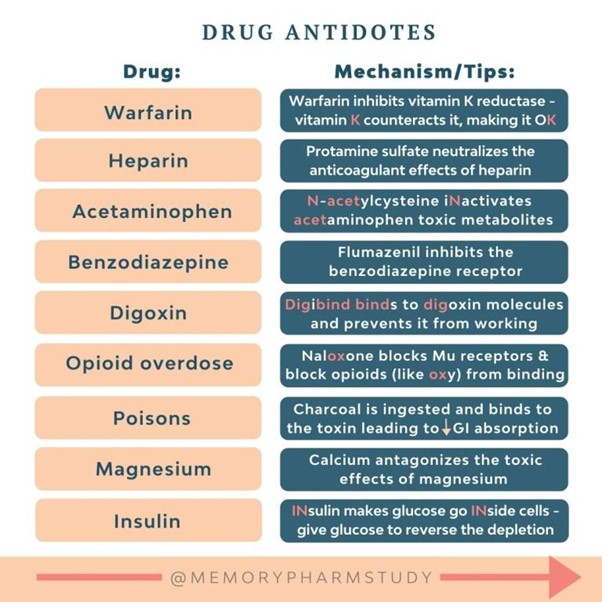A nurse is reviewing the medical record of a client who has a new prescription for verapamil. Which of the following findings in the client's medical record should the nurse identify as a contraindication for the administration of verapamil?
History of asthma
History of heart failure
Systolic BP 110 mm Hg
Blood creatinine 1.0 mg/dl
The Correct Answer is B
A. History of asthma: Verapamil is a calcium channel blocker and does not affect the airways or cause bronchospasm, unlike beta-blockers, which can exacerbate asthma.
B. History of heart failure: Verapamil has negative inotropic effects, meaning it decreases the strength of heart contractions. This can exacerbate heart failure, particularly in clients with reduced ejection fraction (systolic heart failure). It is generally contraindicated in clients with severe heart failure as it can worsen symptoms.
C. Systolic BP 110 mm Hg: While verapamil can cause a drop in blood pressure due to its vasodilatory effects, a systolic blood pressure of 110 mm Hg is not an absolute contraindication.
D. A blood creatinine level of 1.0 mg/dL is within the normal range (approximately 0.6–1.2 mg/dL for adults). Verapamil is not contraindicated in clients with normal renal function.
Nursing Test Bank
Naxlex Comprehensive Predictor Exams
Related Questions
Correct Answer is C
Explanation
Flumazenil is the antidote for diazepam, which is a benzodiazepine. Flumazenil is a selective antagonist that can reverse the sedative effects of benzodiazepines and is commonly used in cases of benzodiazepine overdose or to reverse sedation after procedures.
Naloxone (A) is the antidote for opioid overdose and would not be appropriate for reversing the effects of diazepam.
Atropine (B) is an anticholinergic medication used to increase heart rate and is not specific to the reversal of diazepam sedation.
Neostigmine (D) is a cholinesterase inhibitor used to reverse the effects of non-depolarizing neuromuscular blocking agents and is not indicated for reversing the effects of diazepam.

Correct Answer is A
Explanation
Furosemide is a loop diuretic commonly used to treat fluid volume excess by promoting diuresis. One of the expected outcomes of furosemide administration is an increased urinary output as excess fluid is eliminated from the body. Therefore, if the medication has been effective, the nurse would expect to see an increased urinary output as a result of the diuretic effect.
Increased respiratory rate (B) is not an expected outcome of furosemide administration. It may occur in some cases due to increased fluid elimination and potential electrolyte imbalances, but it is not the primary indicator of the medication's effectiveness.
Decreased blood pressure (C) is a possible outcome of furosemide administration due to the diuretic effect and subsequent reduction in fluid volume. However, it is not the most specific indicator of the medication's effectiveness in this case.
Increased pulse (D) is not a typical finding associated with the effectiveness of furosemide. In fact, furosemide can sometimes cause a decrease in heart rate due to its impact on fluid and electrolyte balance.
Whether you are a student looking to ace your exams or a practicing nurse seeking to enhance your expertise , our nursing education contents will empower you with the confidence and competence to make a difference in the lives of patients and become a respected leader in the healthcare field.
Visit Naxlex, invest in your future and unlock endless possibilities with our unparalleled nursing education contents today
Report Wrong Answer on the Current Question
Do you disagree with the answer? If yes, what is your expected answer? Explain.
Kindly be descriptive with the issue you are facing.
